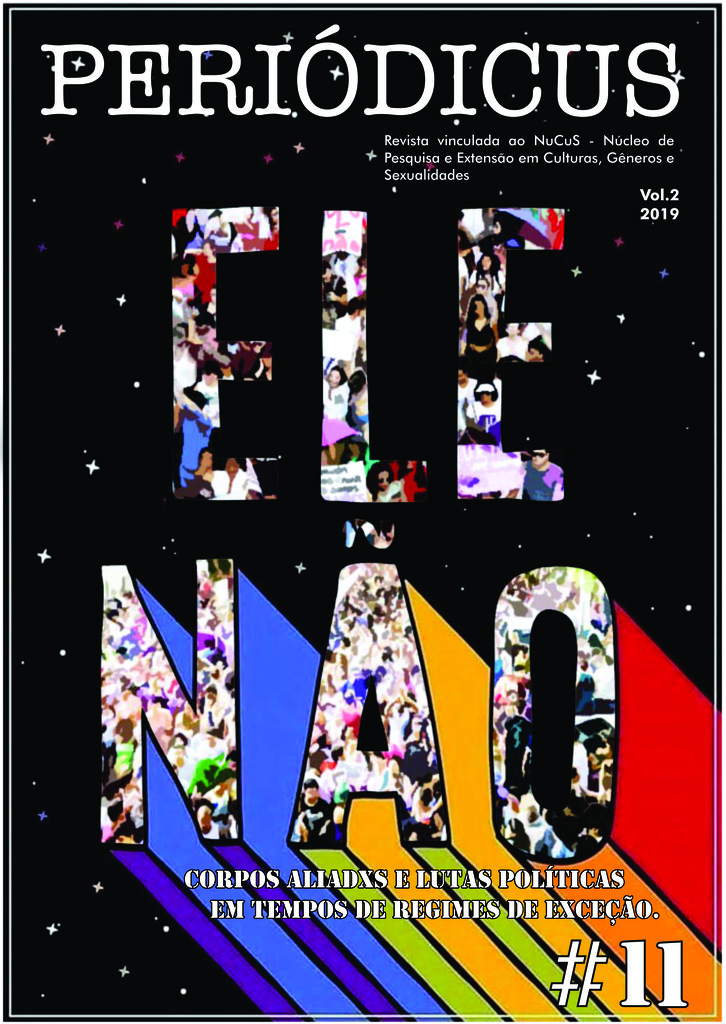SHAKESPEARE’S COMIC AND TRAGIC GENDER ISSUES: AN ATTEMPT AT TRANSGRESSION IN THE TAMING OF THE SHREW (1591) AND ROMEO & JULIET (1597)
DOI:
https://doi.org/10.9771/peri.v2i11.24570Abstract
This article analyses Shakespeare’s literary discourse as an integral factor among the society wherein it was inserted. The overall context of my study is this precise dialogue between the literary structure and the structure of society. The symptoms that I allege literary texts tend to display are crucial for the effective functioning of the narratives herein analysed, and which consist thus in the specific context of my study. Such context consists in Shakespeare’s plays The Taming of the Shrew (1591) and Romeo & Juliet (1597), whose readings focus here specifically on the main characters of both narratives’ attempt at transgressing social borders. The comic and the tragic are not opposed, they are not poles apart in terms of meaning, effects, importance, and structure – in fact, in many occasions tragedy depends on comic stances and vice versa. My findings demonstrate how the frontiers dividing tragedy and comedy are not as concrete as it may seem – and trying to insert them within closed epistemological boxes might be detrimental for any fruitful reading of them. Shakespeare’s main characters in both plays might be read as a historical token of women’s unsuccessful endeavor to defeat repression.
Downloads
Downloads
Published
How to Cite
Issue
Section
License
Copyright (c) 2019 Revista Periódicus

This work is licensed under a Creative Commons Attribution-NonCommercial 4.0 International License.
Authors who publish in this journal agree to the following terms:
Authors retain copyright and grant the journal the right of first publication, with the work simultaneously licensed under a Creative Commons Attribution Noncommercial License that allows the work to be shared with acknowledgment of authorship and initial publication in this journal, but prohibits commercial use.
Authors are authorized to enter into separate additional contracts for non-exclusive distribution of the version of the work published in this journal (e.g., publishing in an institutional repository or as a book chapter), with acknowledgment of authorship and initial publication in this journal.
Authors are permitted and encouraged to publish and distribute their work online (e.g., in institutional repositories or on their personal website) at any point before or during the editorial process, as this can generate productive changes and increase the impact and citation of the published work (see The Effect of Open Access).








